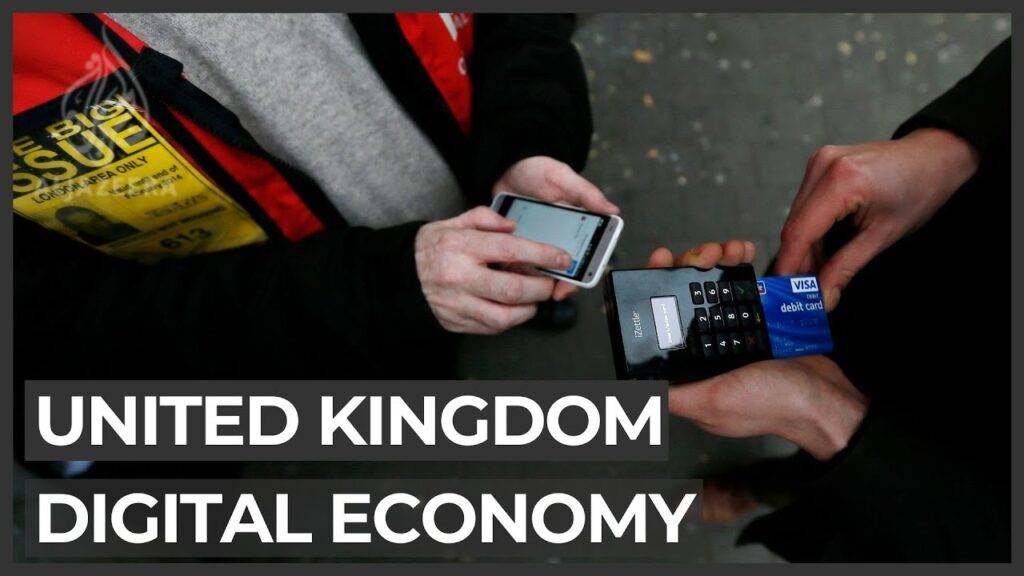Digital payments are booming across the UK, transforming how we pay, bank, and even think about money. But while tap-and-go transactions dominate high streets, cash hasn’t faded into the background entirely.
In 2025, the conversation isn’t about choosing between digital and cash—it’s about creating a payment system that works for everyone. Let’s unpack the trends driving this shift, the role cash still plays, and what lies ahead for consumers and businesses alike.
Why the UK is Swiping and Tapping More Than Ever
Digital Wallets Are Leading the Charge
It’s hard to ignore how fast wallets are going digital. Platforms like Apple Pay and Google Pay have become part of everyday life—whether you’re grabbing a coffee or checking out online. According to the 2024 Global Payments Report by Worldpay, digital wallets could make up half of all UK e-commerce transactions by 2027.
This isn’t just a trend—it’s a fundamental shift. Convenience, security, and speed are pushing shoppers toward mobile-first payment experiences.
Contactless Payments Are Now the Norm
Remember when tapping your card felt futuristic? Now, nearly 4 in 10 UK payments are contactless. From debit cards to wearables, contactless has become second nature for everything from train tickets to pub rounds.
Even small businesses, market stalls, and street vendors have embraced contactless thanks to affordable mobile card readers.
Mobile Banking Makes Money Management Seamless
Mobile banking isn’t just an app—it’s become the control center for our finances. A report by Marqeta in 2024 revealed that 87% of UK adults now use some form of remote banking, with mobile banking being the top choice.
People can check balances, transfer money, and pay bills—all without stepping foot in a branch. And with fintech tools built into these platforms, managing spending has never been easier.

Why Cash Still Has a Role to Play cashless economy UK 2025
Not Everyone Is Ready to Go Fully Digital
Despite digital’s convenience, many Brits still carry cash—and not just out of habit. A NatWest survey found that 76% of digital-first users keep cash on hand for emergencies, while nearly half use it regularly.
And for some groups, cash is more than just convenient—it’s essential. Vulnerable individuals, older adults, and those without consistent internet access often rely on physical money for budgeting and daily life.
Legal Pushback Against “Cashless Only” Businesses
Not everyone supports the cash-free revolution. In March 2025, the Payment Choice Alliance challenged several high street brands—including Gail’s, Itsu, and Zizzi—for refusing cash payments.
The concern? Digital exclusion. Advocates argue that cash refusal could marginalize people without access to banking or digital literacy. As this debate continues, we may see more regulation to ensure inclusive payment options remain available.
What’s Fueling the Digital Momentum?
Tech That Makes Paying Effortless
With the widespread use of NFC-enabled smartphones, paying with a tap has become second nature. Add to that biometric security like Face ID and fingerprint scanning, and the barrier to using digital payments is virtually gone.
Even traditionally cautious consumers are beginning to trust mobile wallets thanks to these safeguards.
A Cost-of-Living Lens on Digital Spending
In times of economic pressure, people want control—and digital payments often provide it. They offer visibility into where your money goes and can help with budgeting through in-app analytics and alerts.
Transaction fees are also lower in many cases, especially for businesses, which in turn benefits consumers.
Government Support & Innovation
The UK government has played a proactive role in supporting digital payment adoption. From the Faster Payments Service to ongoing discussions about a Central Bank Digital Currency (CBDC), regulators are laying the groundwork for a modern financial ecosystem.
Cash Isn’t Dead—It’s Evolving
The Rise of a Hybrid Payment Economy
Rather than seeing digital payments replace cash, we’re heading toward a hybrid model. Consumers want options—and having the flexibility to choose between tapping your phone or handing over a fiver is key to financial inclusion.
This approach balances innovation with accessibility and ensures no one gets left behind.
Central Bank Digital Currencies
The Bank of England has been exploring the idea of a CBDC—a digital pound backed by the state. While still in early stages, a CBDC could offer a secure, government-issued alternative to both cash and private digital wallets.
It’s a way to bridge traditional finance with future-facing tech, and one we’re watching closely.
For more insights, check out our guide: “What Central Bank Digital Currencies Mean for Everyday Consumers.”
Conclusion
Digital payments have redefined the way we interact with money in the UK, offering speed, convenience, and powerful tools for modern living. But cash still has a beating heart in British society—especially among those who need it most.
The future isn’t cashless—it’s choice. And the best financial systems are the ones that adapt to meet people where they are, whether that’s online, on their phone, or with a crisp tenner in hand.
Frequently Asked Questions
Q1. Is the UK becoming a cashless society?
Not quite. While digital payments are rising fast, cash is still in active use, especially among older adults and those without digital access.
Q2. What are the most popular digital wallets in the UK?
Apple Pay, Google Pay, and PayPal are among the most used. These platforms are popular for both in-store and online purchases.
Q3. Is it legal for businesses to refuse cash in the UK?
Yes, but it’s controversial. Campaigns are underway to ensure that cash remains accepted, particularly in essential services.
Q4. What is a Central Bank Digital Currency (CBDC)?
A CBDC is a digital version of government-issued currency. The Bank of England is currently researching its potential for use in the UK.
Q5. What’s the benefit of keeping cash in a digital age?
Cash helps with budgeting, offers backup during tech outages, and remains crucial for those excluded from the digital economy.


